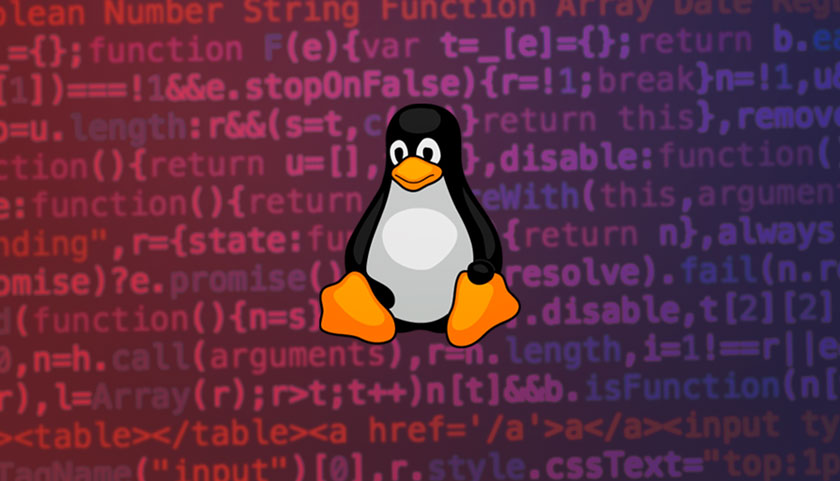Linux Kernel 5.14 has been released.
Announcing the latest kernel’s arrival on the Linux Kernel mailing list Linux founder Linus Torvalds couldn’t resist acknowledging the attention his ‘hobby’ project has received for its 30th anniversary recently, remarking:
“I realize you must all still be busy with all the galas and fancy balls and all the other 30th anniversary events, but at some point you must be getting tired of the constant glitz, the fireworks, and the champagne. That ball gown or tailcoat isn’t the most comfortable thing, either. The celebrations will go on for a few more weeks yet, but you all may just need a breather from them.”
Quite so, Linus! Quite so!
So what goodies await us in this kernel uplift?
Let’s take a look…
Linux 5.14 New Features
Linux 5.14 features (as always) an avalanche of improvements big and small, new capabilities, and enhanced hardware support. This post is not an exhaustive list, rather a collection of highlights which caught my interest/eye.
Notable highlights in the Linux Kernel 5.14 release including core scheduling support (long anticipated), a new I/O priority controller to manage priority of block-I/O requests, and a new ioctl() command to improve journaling on EXT4 file systems and result in fewer ‘information leaks’.
The Linux kernel also gains new ‘secret memory areas’ thanks to MEMFD_SECRET. This feature will, devs say, provide enhanced protection against ROP attacks, prevent cross-process secret user-space memory exposures, and ‘harden’ the kernel against flaw exploits.
An amusing addition: you can remove AMD Radeon cards without trigging a kernel panic thanks to a new “hot-unplug feature” in Linux 5.14. While I wouldn’t advise removing a graphics card from a live booted system, this should in theory be useful to some one!
Among a plethora of hardware support comes code to handle Sparx5 network switches, Sony IMX208 sensors, and SparkFun Qwiic joysticks. Audio codecs are included for Rockchip RK817 and Qualcomm WCD9380/WCD9385.
The select/share button on the Microsoft Xbox One Controller should now work on systems using this kernel revision.
Linux 5.14 comes with full mainline kernel support for the Raspberry Pi 400 (the cute all-in-one keyboard PC released last year). While the device has been able to run old kernels relatively fine, the latest revision fine tunes various aspects for happier, stable computing.
Dell plans to include hardware-based kill switches for mics and webcams in its future laptops so Linux 5.14 includes a driver to support these functions.
Audio enthusiasts may be interested to know a low latency USB driver is included in this release. The new driver lowers latency during audio playback and, Phoronix notes, it has been with PulseAudio, JACK, and PipeWire.
Finally, there is continued effort to add Linux support for emerging and new technologies, including USB 4, Intel ‘Alder Lake’ processor, AMD Beige Goby & Yellow Carp graphics cards.
Getting Linux 5.14
Linux 5.14 is available to download as a source code from the kernel.org website, which you can compile by hand on your distro of choice.
Alternatively, wait for your distro maintainers to do it for you. Rolling release distros like Arch will, as always, get newer kernels sooner than time-based releases like Ubuntu, Linux Mint, and Zorin OS.
Ubuntu 21.10 will probably ship with Linux 5.14 (kernel feature freeze has not yet passed) but there are no guarantees.
The Ubuntu kernel team provide mainline builds of 5.14 for Ubuntu but, as always, these are not recommended for regular people, just developers! Use them at your own risk.



